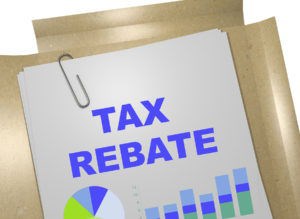Yorkton Council unanimously approved a phase-in of municipal tax levy increases for certain commercial and industrial properties based on the 2017 revaluation year.
All properties are taxed on the basis of assessment, with tax notices sent out at the end of May. Tax calculations will include the recent tax increase for all properties as approved in the tax policy (Mill Rate) bylaw at the Apr. 23 Council meeting, explained Fred Schrader, Asst. Director of Finance. These tax policy decisions included the phase-in of taxation for certain commercial and industrial properties within the City of Yorkton in accordance with Section 260 of the Cities Act.
“The purpose of the bylaw is to reduce the impact of large tax increases that occurred in 2017 compared to 2016. The bylaw will provide a ‘tax rebate’ to those commercial properties that fit the criteria and experienced more than a 75 per cent increase in taxes last year. The bylaw will credit back half of the city tax increase in 2018 and 25 per cent of this amount in 2019. School taxes will remain as levied,” said Schrader at the regular meeting of Yorkton Council Monday.
This tax phase-in plan does not apply to:
• Property that was not assessed in the year 2016;
• Tax increases resulting from any change in assessed values that are not the result of the 2017 revaluation; or
• Tax increases resulting from a change in mill rates due to the 2017 budget for the City.
This tax phase-in plan does apply to:
• Each property within the commercial and industrial classification that has been assessed a municipal tax in the amount of $2,000 or greater; and
• Each property within the commercial and industrial classification that has experienced a municipal tax increase of 75 per cent or greater in 2017.
The total tax rebate for the 42 properties is just shy of $70,000 in 2018, and $35,000 in 2019, which is an average tax saving about $100 per month per property.



